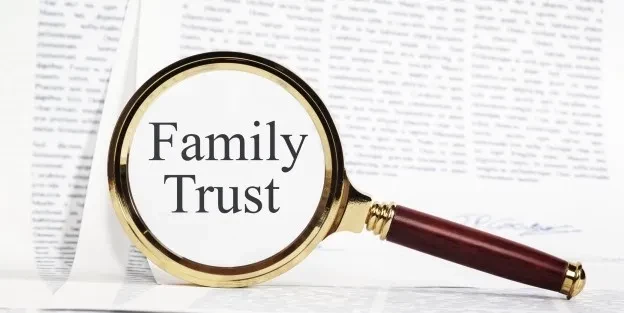
In my artilce last week, I dealt with “Use of Family trusts for asset protection in Zimbabwe” I discussed the following;
l The meaning and legal structure of a family trust.
l How a person may set up a trust and the requirements for such set up.
l Some advantages of using a family trust.
l The effective ways of employing use of a family trust to avoid transfer costs.
l Why a person who sets up a trust must as much as possible include their immediate family members and make provision for his/her children or spouse to be part of management of the trust.
The article did not talk about wills and their role in estate planning. As pointed out earlier, a family trust is a legal entity which has the capacity to hold assets of a family. Therefore, a trust is ideal to use where there is at least one immovable assets. Some people have been asking if a trust can be set up to hold movable assets only like motor vehicles, household goods etcetera.
The answer is yes, a trust can hold both immovable and immovable asset. However, the greatest idea or purpose of having a family trust over a will or testament is that when you set up a family trust you have removed yourself from being the owner of assets that you own especially immovable properties. So what is the idea behind removing those assets from your name? When a family trust exist, it is an independent legal entity, just like a company, so once you register your house or stand in the name of the trust, it is not under you name. The legal result of such arrangement is that when you die, the assets will not be subject to death taxes well as costs of transferring those assets to your beneficiaries. Where assets would have been already transferred to a trust, you are still able to manage them whilst still alive but upon your death, your trustee family members continue to manage the assets in the trust as if nothing happened because they are not under your name.
- Mavhunga puts DeMbare into Chibuku quarterfinals
- Bulls to charge into Zimbabwe gold stocks
- Ndiraya concerned as goals dry up
- In Full: Nineteenth post-cabinet press briefing: July 05, 2022
Keep Reading
So where do wills stand?
In simple terms, a will is a legal document whish spells out how you want your estate to be dealt with after your death. So a Will only enables your wishes to be legally carried out after your death. This means that when you execute a will, the assets are still under your name, and upon death they still need to be registered with the Master of the high Court paying master’s fees at around 4% of value, if it is an immovable property, it is still subject to costs of transferring them through an attorney at around 3%. Where these assets would have been in a trust, there are no longer under name of the deceased so all these costs will eliminated.
In my view, it is a great idea to put all your immovable assets in a family trust whilst you are still alive —an inter vivos trust; then you execute you simple will to cover for your burial wishes and your movable assets. This is so because family trusts are ideal to hold immovable properties which are of bigger value, although you can also put your vehicles, insurance policies, life policies etcetera under the trust.
I must however state that you need to weigh your costs where most of your immovable are already registered in your personal name. At that point, it may be cheaper to just execute a will which spells out how the assets will be dealt with after your death rather than transferring them to a family trust. The reason, as I highlighted last week, is that it may turn out to be expensive to transfer such assets from your personal name to the trust at that stage when they already have title deeds. It is cheap to transfer an immovable property to a trust at the point that you acquire the asset. As an illustration, if you own a US$100,000 property and you want to transfer it to a trust, the estimate of cost include 5% capital gains tax, about 4% cost of transfer by lawyer, and 0.5 -1% cost of deed of donation. Roughly about 10% of property value goes to costs.
As a caveat, I must state that once you do your will, just ensure that you observe all the legal formalities prescribed in the Wills Act. It is a wise idea to have a will executed by a professional. A lot of wills are challenged in courts from time to time in cases where there are defects in the will.
The pros and cons of wills and trusts
A will may be a little cheaper than setting up a trust. In terms of cost, family trusts may be more costly to set up compared to execution of a will. However, a will may not offer the best protection to assets as would do a family trust in that wills do not change the legal ownership of assets but just directs how your estate will be distributed or dealt with after your death. As a result, assets in a trust are not subject to death taxes and cost of transfer fees. Executing a will does not offer this cost benefit.
On the other hand, trusts may suffer the blow that if improperly managed or run this could seriously affect the welfare of intended beneficiaries because a trust relies heavily on the actions of your trustees. This risk is easily reduced by entrusting your immediate family members with such roles.
This article is meant to give basic information to the public on the subject of wills and family trusts but it’s not exhaustive, or meant to be legal advice. In order to set up a trust or execute a will, one would need to seek professional advice.
- Alex Majachani is a legal practitioner with Alex F & Associates attorneys and can be reached on alexf.attorneys@gmail.com










